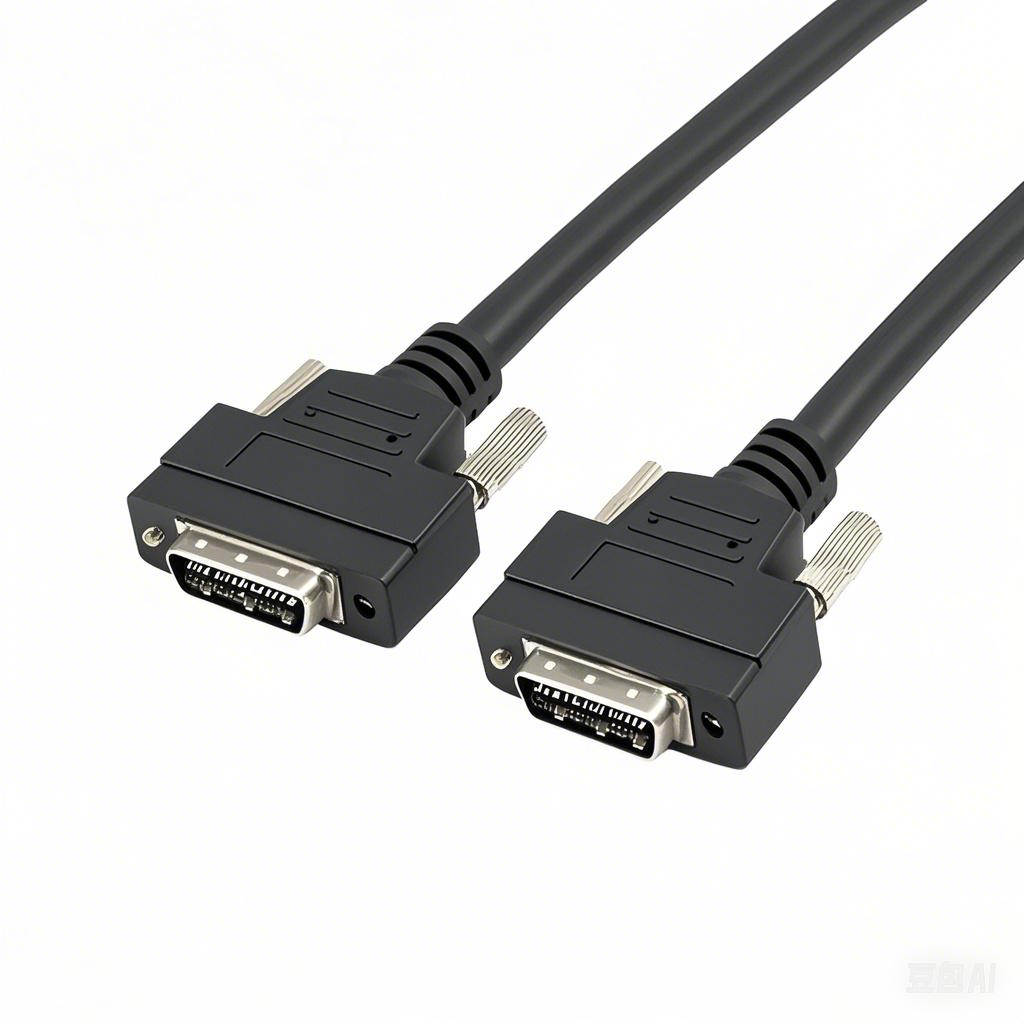What is the price range of machine cable?
The price range of machine cables is quite broad, as it is influenced by several key factors such as cable type, size, material, insulation quality, brand, and intended application. Here is a breakdown of the typical price ranges to give you a clearer idea:
For basic, standard machine cables used in general industrial settings, the price can start as low as $0.50 per meter. These are usually smaller-gauge cables (like 16 AWG to 22 AWG) with simple insulation, designed for low-voltage, non-critical applications.
Mid-range machine cables, which offer better durability, higher temperature resistance, and improved insulation, typically range from \(1 to \)5 per meter. These cables are often used in more demanding industrial environments, such as in machinery with moderate vibration or exposure to oils and chemicals. They may have larger gauges (10 AWG to 14 AWG) to handle higher currents.
High-performance machine cables, built for extreme conditions, can cost \(5 to \)20 or more per meter. These include cables with special features like flame retardancy, resistance to extreme temperatures (-40°C to 150°C or higher), flexibility for continuous movement (like in robotic arms), and shielding to prevent electromagnetic interference. They are commonly used in heavy machinery, aerospace, or automotive manufacturing where reliability and safety are paramount.
It’s important to note that custom-made machine cables, tailored to specific length, connector types, or unique performance requirements, will be priced at the higher end of the spectrum, sometimes exceeding $20 per meter depending on the complexity of the customization.
Additionally, bulk purchases can often lead to lower per-unit prices. Buying in large quantities, such as several hundred meters, may result in a 10% to 30% discount compared to purchasing small lengths.
When considering the price, it’s crucial to balance cost with the cable’s suitability for the intended use. Choosing a cheaper cable that doesn’t meet the necessary specifications can lead to frequent replacements, downtime, or even safety hazards, while an overly expensive cable may be unnecessary for basic applications.











